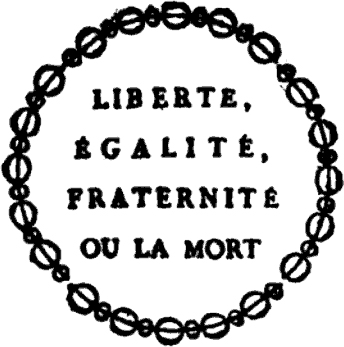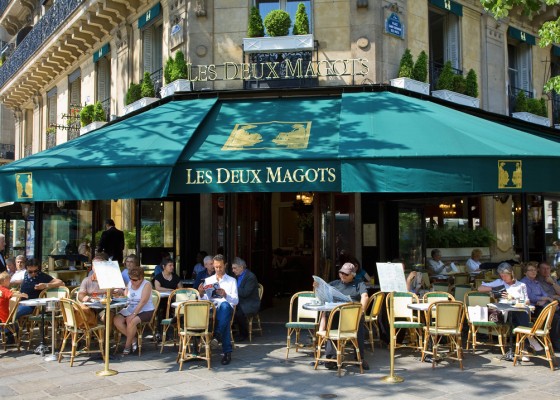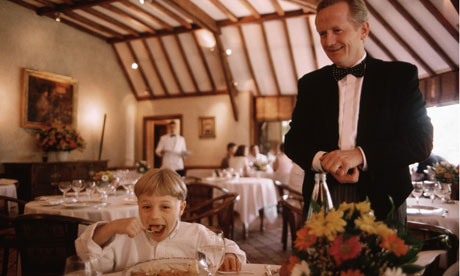
Many non-French cultures admire the French. They live in a gorgeous country with a rich history, and, besides, its crammed with sumptuous food and wine. And, perhaps as a result, the French seem to have a very firm understanding of the so-called work-life balance. They’re often characterized as a people who work to live, rather than their earnest Anglo-Saxon cousins who generally live to work. While these may be over-generalized aphorisms a new French law highlights the gulf between employee rights of the French versus those of other more corporate-friendly nations.
Yes, as of January 1, 2017, an employee of a French company, having over 50 staff, has the legal right to ignore work-related emails, and other communications, outside of regular working hours.
Vive la France! More on this “right to disconnect” law here.
From the Guardian:
From Sunday [January 1, 2017], French companies will be required to guarantee their employees a “right to disconnect” from technology as the country seeks to tackle the modern-day scourge of compulsive out-of-hours email checking.
On 1 January, an employment law will enter into force that obliges organisations with more than 50 workers to start negotiations to define the rights of employees to ignore their smartphones.
Overuse of digital devices has been blamed for everything from burnout to sleeplessness as well as relationship problems, with many employees uncertain of when they can switch off.
The measure is intended to tackle the so-called “always-on” work culture that has led to a surge in usually unpaid overtime – while also giving employees flexibility to work outside the office.
“There’s a real expectation that companies will seize on the ‘right to disconnect’ as a protective measure,” said Xavier Zunigo, a French workplace expert, as a new survey on the subject was published in October.
“At the same time, workers don’t want to lose the autonomy and flexibility that digital devices give them,” added Zunigo, who is an academic and director of research group Aristat.
The measure was introduced by labour minister Myriam El Khomri, who commissioned a report submitted in September 2015 which warned about the health impact of “info-obesity” which afflicts many workplaces.
Under the new law, companies will be obliged to negotiate with employees to agree on their rights to switch off and ways they can reduce the intrusion of work into their private lives.
Read the entire article here.
Image courtesy of Google Search.



 French children, it seems, unlike their cousins in the United States, don’t suffer temper tantrums, sit patiently at meal-times, defer to their parents, eat all their vegetables, respect adults, and are generally happy. Why is this and should American parents ditch the latest pop psychology handbooks for parenting lessons from La Belle France?
French children, it seems, unlike their cousins in the United States, don’t suffer temper tantrums, sit patiently at meal-times, defer to their parents, eat all their vegetables, respect adults, and are generally happy. Why is this and should American parents ditch the latest pop psychology handbooks for parenting lessons from La Belle France? This season’s Beaujolais Nouveau is just over a month away so what better way to pave the road to French wines than a viticultural map. The wine map is based on the 1930’s iconic design by Harry Beck of the London Tube (subway).
This season’s Beaujolais Nouveau is just over a month away so what better way to pave the road to French wines than a viticultural map. The wine map is based on the 1930’s iconic design by Harry Beck of the London Tube (subway). [div class=attrib]From Eurozine:[end-div]
[div class=attrib]From Eurozine:[end-div]